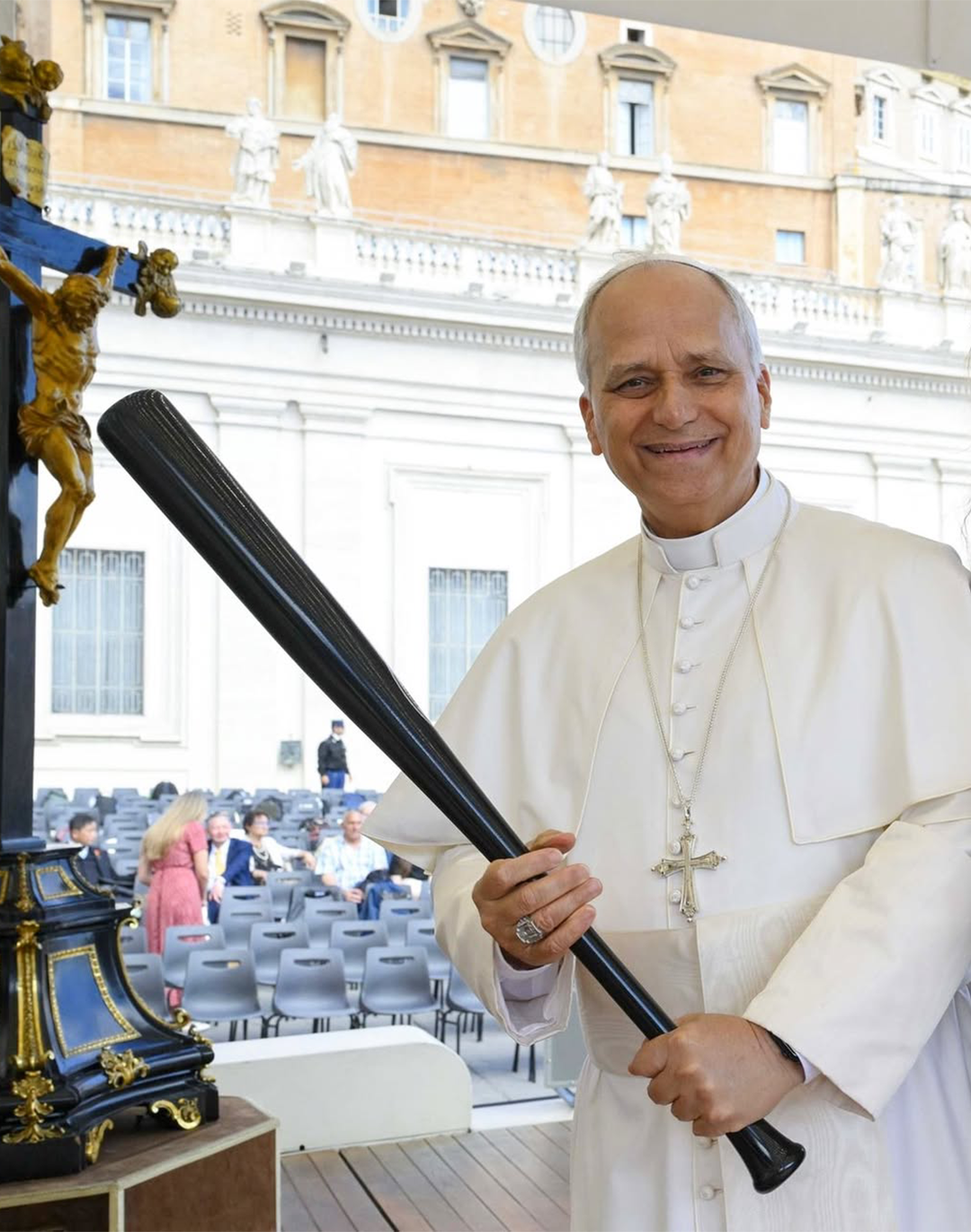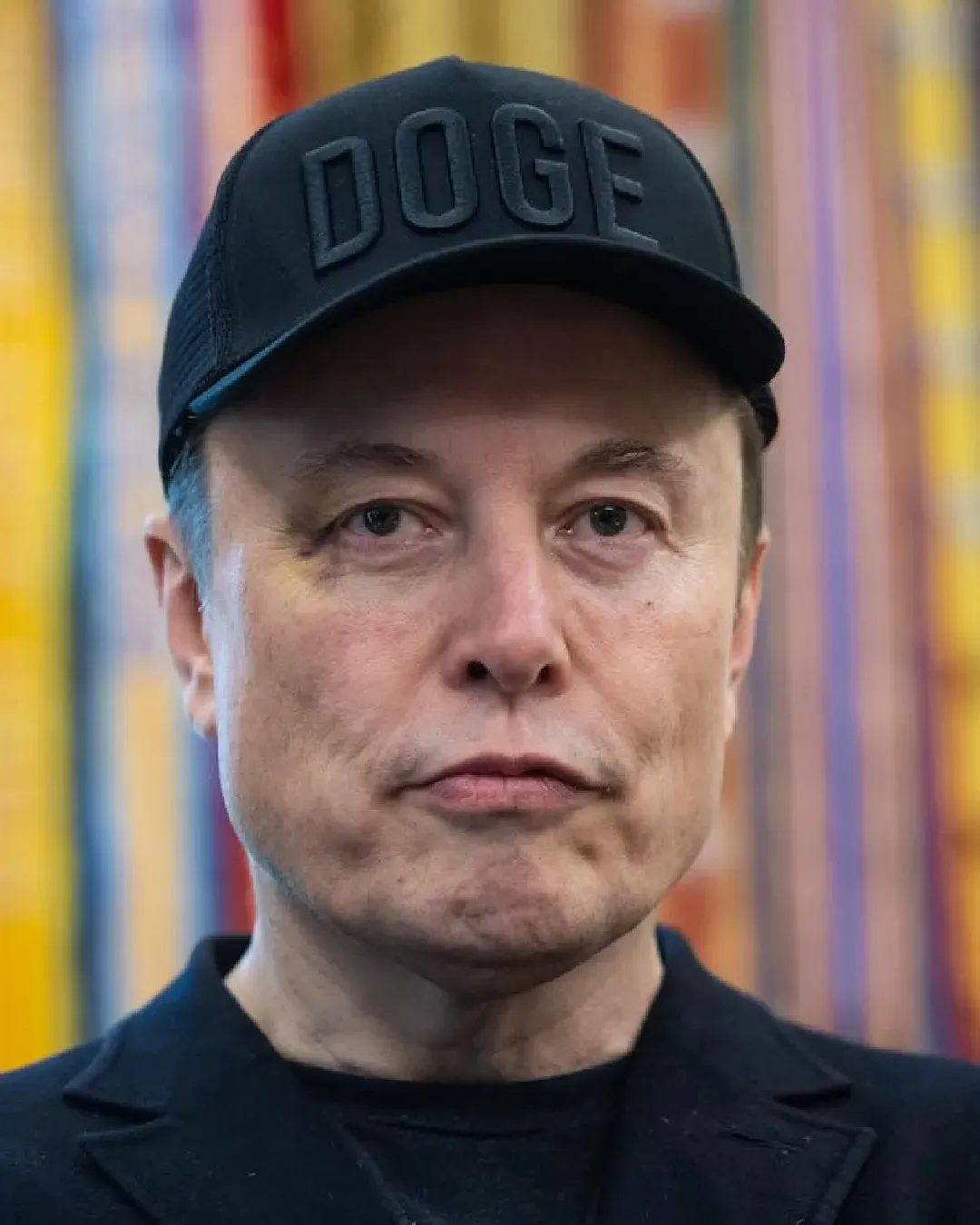
Understanding Big Tech's passion for Christianity Between AI and space expeditions, Silicon Valley wants to keep its feet on the ground after all
In recent years, religion has experienced exponential growth among workers in the technology sector, especially among Big Tech billionaires. Some have long been part of the Christian faith, while others represent a new wave of believers. These new adherents, in addition to being tech gurus and billionaires, show a strong political affiliation with the so-called far right, which has gained ground following Donald Trump's election. Billionaire Peter Thiel, for example—co-founder of PayPal, Palantir Technologies, and a staunch Trump supporter since 2016—has described his religious beliefs as «somewhat unorthodox», stating that «Christianity is true, but I don't feel the need to convince others». Thiel has also inspired the creation of ACTS 17, a San Francisco tech collective that «offers the opportunity to explore faith in Christ». According to a report by the New York Times, the collective was born during a speech Thiel gave about God at the birthday celebration of a high-tech defense and weapons systems manufacturer in the city. Following the speech, the birthday honoree’s wife commented: «If a gay billionaire could be Christian, then it would be worth creating this society of influential and believing people in a predominantly atheist environment» like that of the San Francisco Bay Area. As the New York Times explains, ACTS 17 «is an opportunity to get closer to the demigods of the [tech] sector.»
@noblestoic Joe Rogan’s Ideology & Beleive in Jesus! — Wesley Huff Ask’s Joe Rogan Does He Believe in Jesus? — “If we get to a point where artificial reality is indecernible from regular reality and Jesus chooses to come back at that moment, boy… that’s the ultimate test of faith” — #spiritualtok #jesus #christiantok #wesleyhuff #joerogan #spiritual #christian #fyp #faith #bible #jesuslovesyou green to blue(马驰骋 Remix) - 马驰骋
More and more leading figures in American technology and entertainment seem to be embracing religion. Last year, Joe Rogan spoke on his podcast The Joe Rogan Experience about the importance of faith, admitting that he had sometimes been «quite atheist» but had become more spiritual after his grandfather’s death. «As time goes by, people will understand the need for some kind of divine structure,» Rogan stated in an episode last February. The increasingly controversial Elon Musk, in an interview reported by the New York Times with Jordan Peterson—the psychologist turned manosphere guru—claimed to be a «strong supporter of Christian principles» before posting on X a sort of nursery rhyme in favor of secular religion. California is thus transitioning from being «one of the most irreligious cities in America [to] experiencing a sort of religious revival linked to the tech industry,» reports the San Francisco Standard. «Tech-oriented churches in the city are growing thanks to a message that resonates with spiritual skeptics, who are constantly working in Big Tech or startups.»
Atheism left an empty space
— Elon Musk (@elonmusk) September 18, 2024
Secular religion took its place
But left the people in despair
Childless hedonism sans care
Maybe religion’s not so bad
To keep you from being sad
But what is the real secret behind this spiritual revival? According to the New York Times, «religious rituals offer old ways to cope with new and tumultuous times.» On the other hand, the growing popularity of the Church highlights a counterintuitive aspect: «The Bay Area—with its roots in counterculture and hyper-rational technologists—may seem like the least faith-inclined place, [b]ut people here are open to everything», reads the San Francisco Standard. The resurgence of Christianity among Big Tech figures is not merely a trend but a true search for meaning in an era dominated by innovation, rationality, and insecurity. The increasing adoption of faith demonstrates how the need for stability, community, and especially traditional values is felt even in cutting-edge environments. However, it also reveals a series of contradictions—both within religion itself, which, in an effort to retain followers, welcomes those who until recently were considered outcasts, and within the tech world, which is proving to be increasingly controversial and alienating.















































